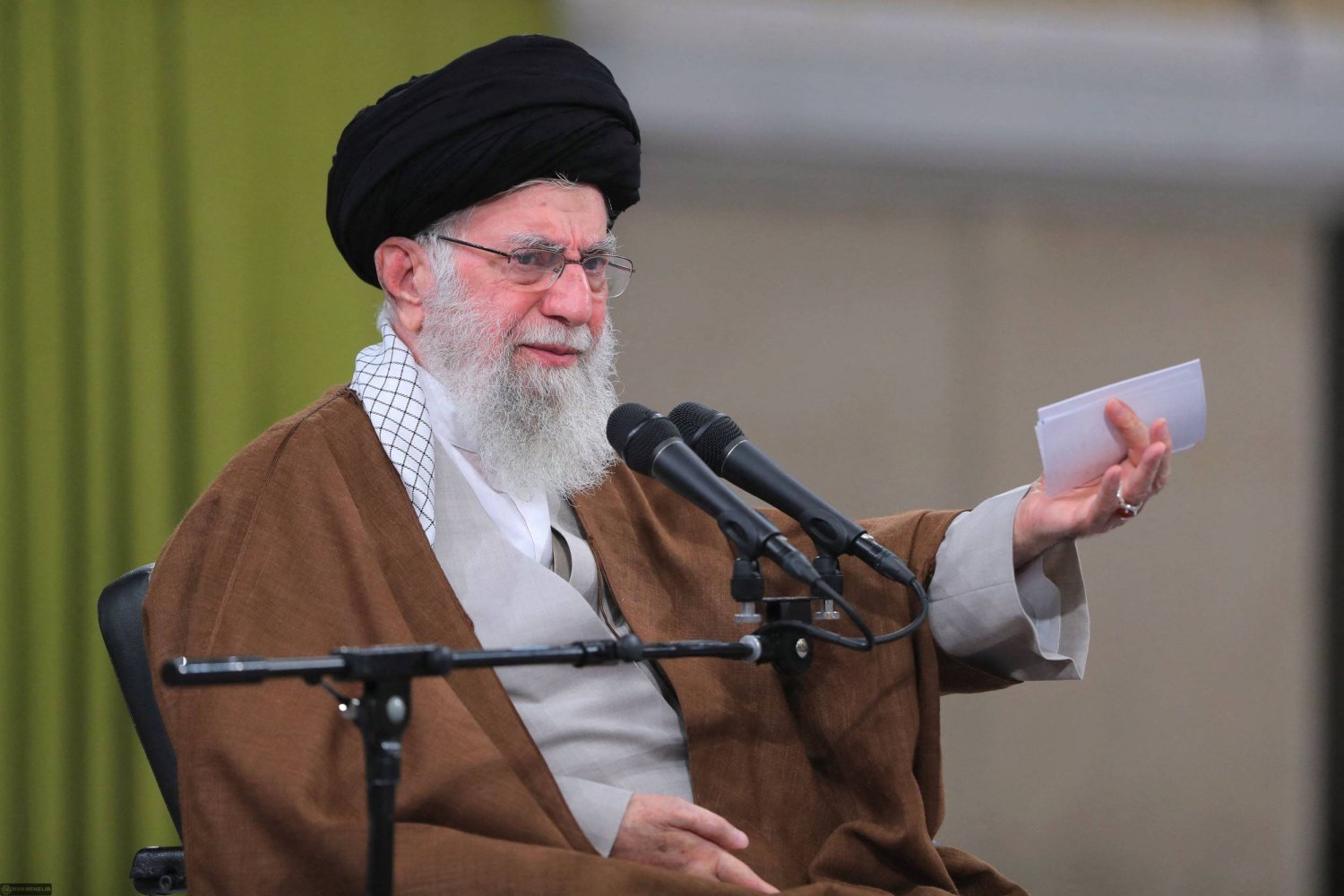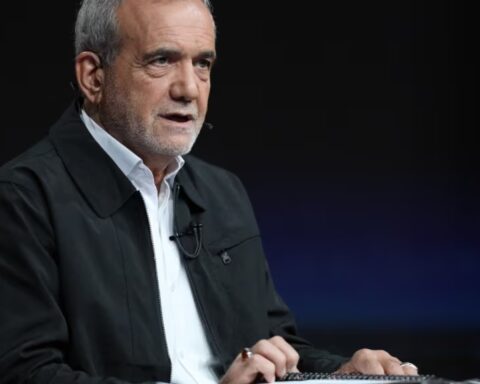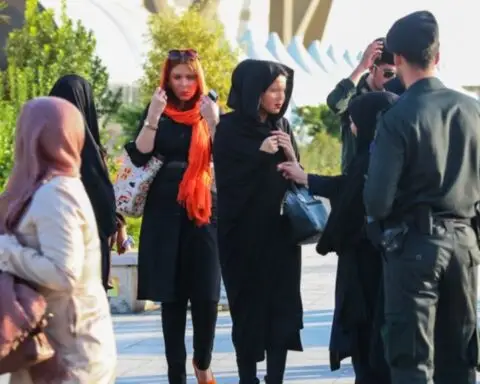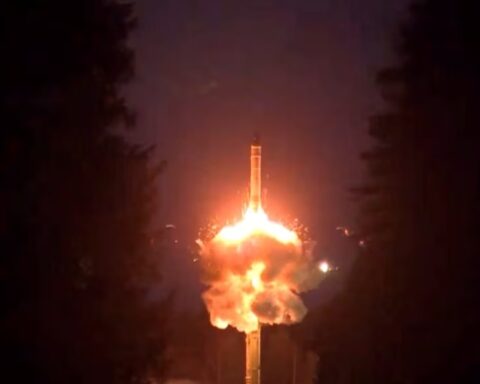A senior Iranian official has issued a stark warning that Tehran might change its nuclear doctrine and begin to build nuclear bombs if the nation’s existence is threatened.
Kamal Kharrazi, head of Iran’s Strategic Council on Foreign Relations and senior adviser to Supreme Leader Ayatollah Ali Khamenei, said in an interview aired on Al-Jazeera Arabic that Iran “has the capacity to produce a bomb,” though the country has not taken the actual step of making one.
“Two years ago in an interview with Al-Jazeera, I announced that Iran has the capacity to produce a nuclear bomb. That capacity still exists today, but we have no intention of producing a nuclear bomb. However, if the existence of Iran is threatened, we will have to change our nuclear doctrine,” he said.
The comments come at a time of escalating tensions between Iran and Israel, further complicated by the international community’s concern over Iran’s nuclear ambitions. The Islamic republic has repeatedly claimed that its nuclear program is for civilian purposes, despite possessing the technical capabilities for weaponization.
A nuclear deal in 2015 lifted U.S. sanctions against Tehran, but in 2018, then-U.S. President Donald Trump left the agreement and Washington has since ratcheted up measures against Iran that have choked the country’s economy.
Efforts to revive the deal have failed, and Tehran has violated terms of the pact by producing uranium with a higher enrichment threshold.
In March, Bloomberg News quoted a senior U.S. Defense Department official as saying Iran was less than 12 days away from obtaining the fissile material necessary to produce an atomic bomb.
The threat of a shift in doctrine follows an incident last month when Israel is said to have targeted a radar system at a base near the city of Isfahan.
The attack followed an incident on April 13, when Iran retaliated against an Israeli attack on its consulate in Damascus that claimed the lives of seven senior officers from the Quds Force of Iran’s Islamic Revolutionary Guards Corps. Iran launched hundreds of drones, ballistic missiles, and cruise missiles at Israel, though almost all failed to hit targets inside Israel.
After Khamenei issued a fatwa, or religious ruling, against nuclear weapons in 2005, officials were adamant that Tehran’s nuclear program was strictly for civilian purposes. But the rhetoric has shifted in recent years.
In the interview, Kharrazi also made reference to potential reactions to any attack on Iran’s nuclear facilities.
“If they want to strike at Iran’s nuclear capabilities, it could naturally lead to a change in Iran’s nuclear doctrine,” he said.
Rafael Grossi, the head of the International Atomic Energy Agency, warned earlier this month that Iran is only weeks away from having enough enriched uranium to produce a nuclear bomb. Grossi has criticized Tehran’s cooperation with the agency as “unacceptable” and called for a significant shift in Iran’s nuclear policy.
Kharrazi also hinted at the possibility of Iran withdrawing from the Nuclear Non-Proliferation Treaty (NPT) and potentially moving toward developing nuclear weapons. Iran had previously warned it would leave the NPT if its regime felt threatened.






